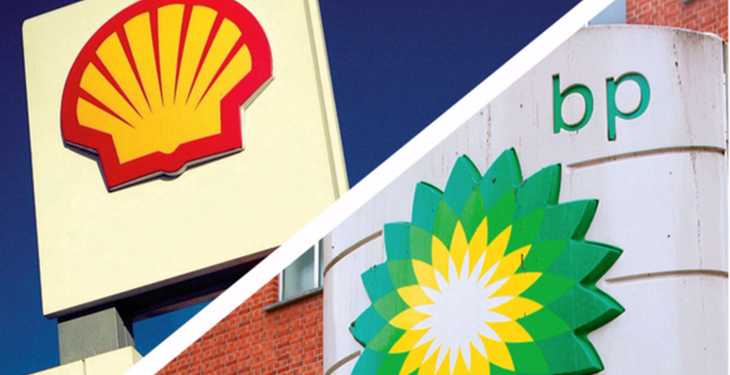Kyla Mandel, DeSmog
Two years after BP and Shell shareholders resoundingly passed resolutions requiring the oil majors to factor climate change risks into their corporate strategy and accounting, the two companies are disclosing no more than bare minimum, a new report from a U.K.-based NGO has found.
The report, published by responsible investment nonprofit ShareAction – which was involved in the push to pass these climate resolutions in 2015 – found that while they have taken the necessary steps to meet their new disclosure commitments, the two oil companies are failing to plan for a more rapid transition to a low-carbon economy.
As ShareAction’s report argues, the companies may be publicly supporting the Paris Agreement, but their actions are not living up to their words.
The climate resolutions adopted by each company require them to report on their respective emissions, resilience to different climate change scenarios, research and investment in low-carbon technology, executive incentives and evaluation, and public policy positions on climate change, according to Energypost.eu.
“Disclosure is important, yes,” ShareAction’s press officer Beau O’Sullivan told DeSmog UK, “but it’s just a marketing tool if it’s not followed up by tangible actions.”
Both firms [in particular BP, editor] have, for example, lobbied against setting a carbon price to limit emissions, despite publicly supporting carbon pricing.
And neither firm has yet to set a target to reduce its greenhouse gas emissions. According to the report, while BP claims to be focusing on its operational emissions and efficiency, the company’s direct emissions have increased by just over one million tonnes of CO2 equivalent from 2015 and 2016.
Meanwhile, Shell did reduce its emissions compared to 2015 levels but expects them to increase again in the future, stating “we may potentially be developing resources that require more energy and advanced technologies to produce … this could result in an associated increase in direct GHG [greenhouse gas] emissions from our upstream facilities.” This year shareholders rejected a proposal to require the oil company to reduce its emissions.
The share of each company’s investment in low-carbon technologies is also a fraction of their business. BP’s low-carbon investments represent just 1.3 percent ($200 million) of its total capital expenditure while Shell has pledged to invest 3 percent ($1 billion per year) of its annual expenditure by 2020.
